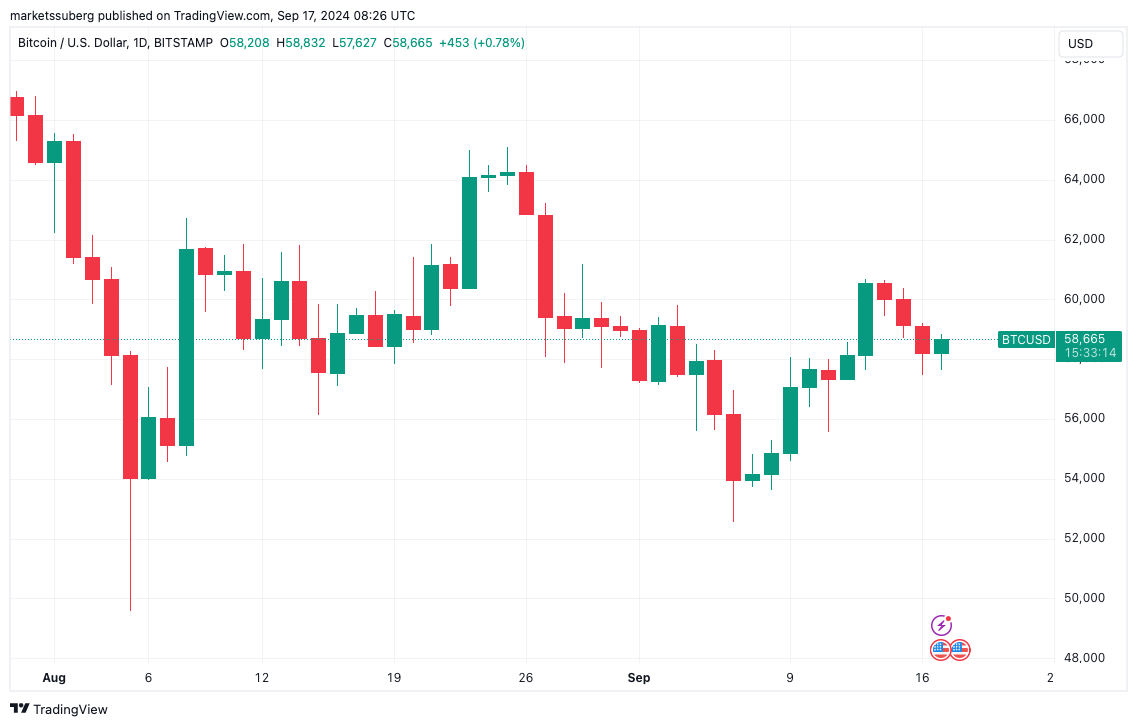
Keith Kelley, a Republican state senator representing Alabama’s 12th district, is sounding the alarm for the potential impact of the federal stablecoin bill, the GENIUS Act, two months after it was signed into law by US President Donald Trump.
In a Wednesday op-ed for 1819 News, Kelley said there was a loophole in the GENIUS Act that, if exploited, could “devastate” the economies of rural areas like many in Alabama.
According to the senator, the bill would allow “cryptocurrency platforms to distribute financial rewards,” incentivizing people to withdraw funds or close accounts at small community banks in the state.
“Unlike large banks, community banks depend on local deposits to fund their lending,” said Kelley. “If those deposits decrease, their ability to offer loans to individuals, families, and small businesses will be significantly restricted.”
He added:
“For our rural farming communities in particular, where margins are thin and seasonal cash flow is critical, the loss of a trusted lending partner could be devastating.”
Though signed into law on July 18, the GENIUS Act will not go into effect immediately. The law requires the US Treasury and Federal Reserve to finalize regulations related to the bill — a process the former began in August by calling for public comments focusing on detecting illicit activity.
Related: Banking lobby fights to change GENIUS Act: Is it too late?
Proponents of the GENIUS Act have argued that the bill will “drive innovation” to the US by establishing regulatory clarity for stablecoin issuers. Yet others have warned of issues with the law in addition to concerns about stablecoin issuers paying yields indirectly.
“The foreign issuer loophole was not sufficiently fixed,” Timothy Massad, a research fellow at the Kennedy School of Government at Harvard University and former chair of the US Commodity Futures Trading Commission (CFTC), told Cointelegraph in August.
Critics claim that the law could put US-based stablecoin issuers at a competitive disadvantage to foreign ones by creating restrictive rules. GENIUS allows foreign stablecoin issuers to operate in the US if they were subject to a “comparable” regulatory and supervisory regime — without clearly defining “comparable,” according to Massad.
Banking groups also sound the alarm on GENIUS ‘loophole’
The loophole to which the Alabama state senator was referring appeared to stem from a provision stating that:
“No permitted payment stablecoin issuer or foreign payment stablecoin issuer shall pay the holder of any payment stablecoin any form of interest or yield (whether in cash, tokens, or other consideration) solely in connection with the holding, use, or retention of such payment stablecoin.”
However, the text of the bill did not explicitly state that stablecoin issuers couldn’t use cryptocurrency exchanges or affiliates to offer yields, potentially sidestepping the law.
“Allowing these cryptocurrency companies to function like banks, offering rewards or yield-bearing products, without requiring them to play by the same rules is not innovation,” said Kelley. “It is regulatory arbitrage, and it is putting the livelihood of American families and our local economies at risk.”
In August, the Bank Policy Institute echoed similar concerns over GENIUS, claiming the law could potentially lead to $6.6 trillion in deposit outflows from traditional banks, disrupting the flow of credit to communities that rely on it.
The timing of Kelley’s concerns was unclear, given that it had been months since Republicans in the US House of Representatives and Senate began drafting the law and about two months since GENIUS was signed into law.
Cointelegraph reached out to the Alabama senator for comment, but had not received a response at the time of publication.
Magazine: GENIUS Act reopens the door for a Meta stablecoin, but will it work?



